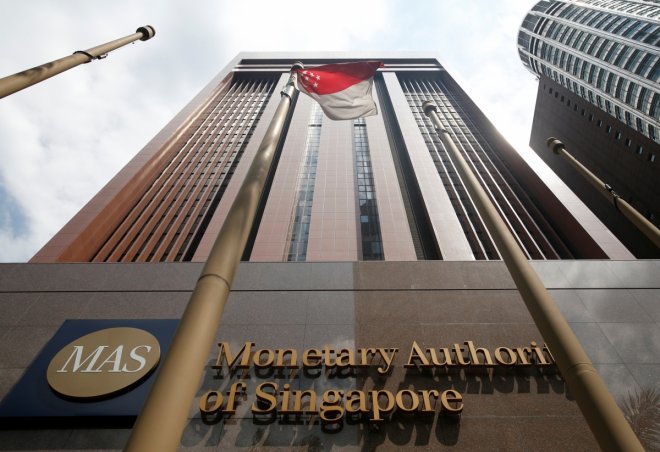
The Monetary Authority of Singapore (MAS) has formed a consortium with The Association of Banks in Singapore (ABS) to develop software prototypes for decentralised inter-bank payments and settlements using the blockchain technology.
According to a joint press release by the two entities, the project is conducted alongside 11 other financial institutions and five technology firms and is the second phase of the central bank's Project Ubin.
To recall, Project Ubin was launched by MAS to explore the use of Distributed Ledger Technology (DLT) for clearing and settlement of payments and securities. The first phase of the project was announced in November 2016 and involved a partnership with DLT firm R3.
ABS Director Ong-Ang Ai Boon said the collaboration of banks and other tech players are creating a vibrant financial ecosystem.
"Project Ubin has brought the banks together in experimenting with DLT in a collaborative, open and transparent manner. We are encouraged that this outcome could potentially be leveraged on by the banks to catalyse the development of more innovative solutions," he said.
The participating financial institutions include Bank of America Merrill Lynch, Citi, Credit Suisse, DBS Bank Ltd, HSBC Limited, J.P. Morgan, Mitsubishi UFJ Financial Group, OCBC Bank, Singapore Exchange, Standard Chartered Bank, and United Overseas Bank.
This second phase aims to establish prototypes of three models, which are amongst the first in the world to carry out decentralised netting of payments in a way that preserves transactional privacy.
MAS Chief Fintech Officer Sopnendu Mohanty said one of the key outcomes of the consortium's effort is the ability to perform netting while protecting the privacy of transactions.
"This helps to open up an opportunity for a wider adoption of DLT-based settlement systems. We are sharing our learnings and knowledge from Project Ubin to encourage greater experimentation amongst central banks and financial institutions. We look forward to working with other central banks on the use of DLT for cross-border applications," Mohanty said.
Just to give a background, the current netting programmes used in inter-bank payments rely on a single payment queue accessible to the operator to find offsetting payments. Decentralising the said queue would potentially expose payment details to an unauthorised party.
The project findings and details of the prototypes developed will be reported by Accenture. This report is expected to support central banks and financial players who have started their journey of using blockchain. It will be presented during the Singapore FinTech Festival.








